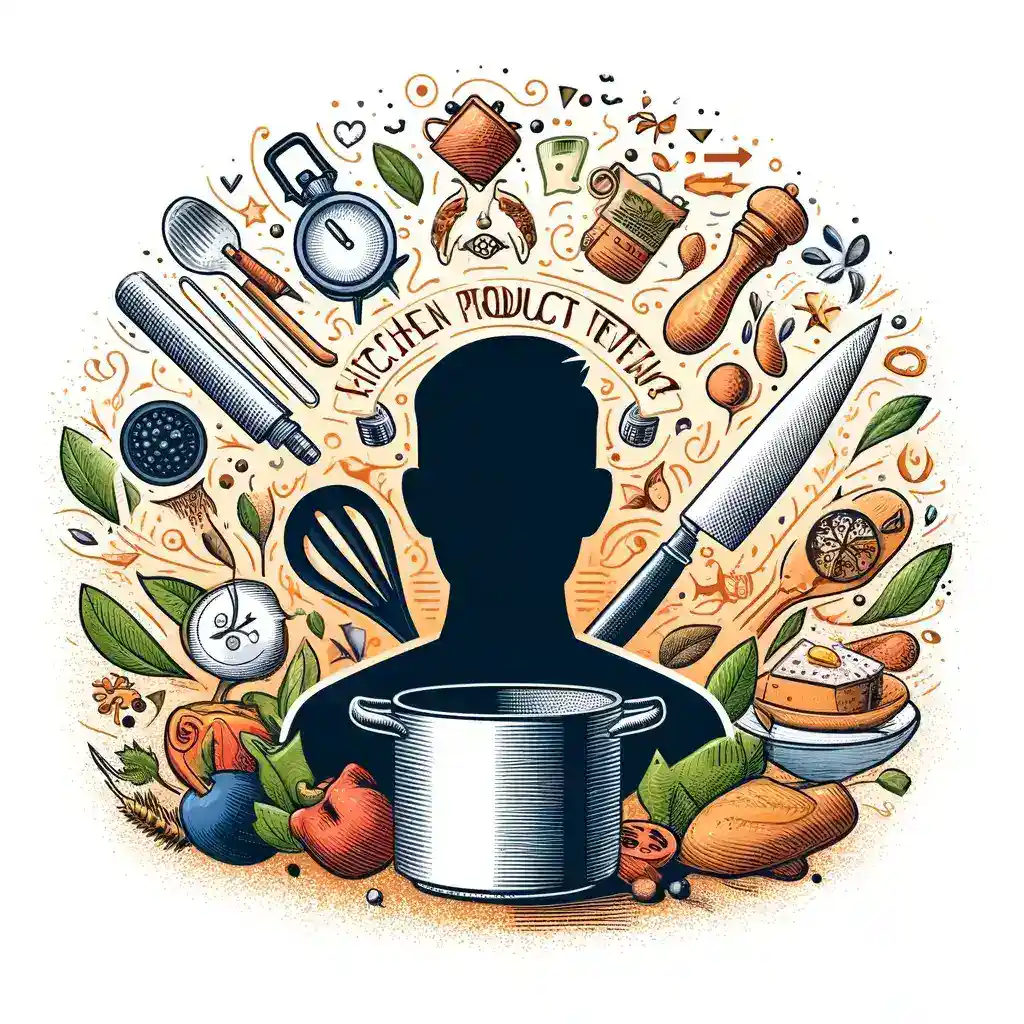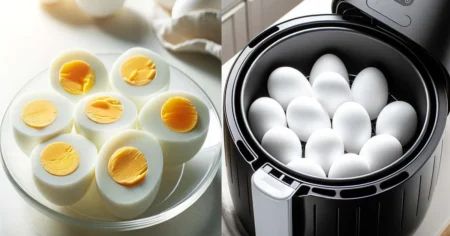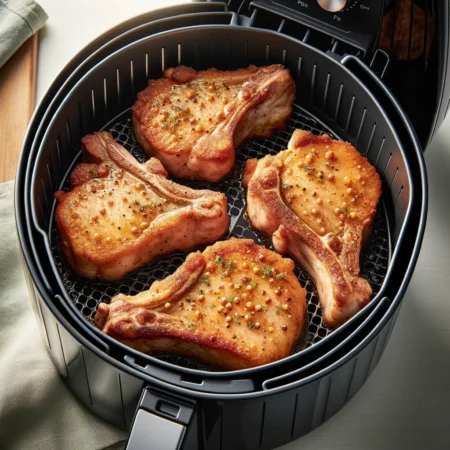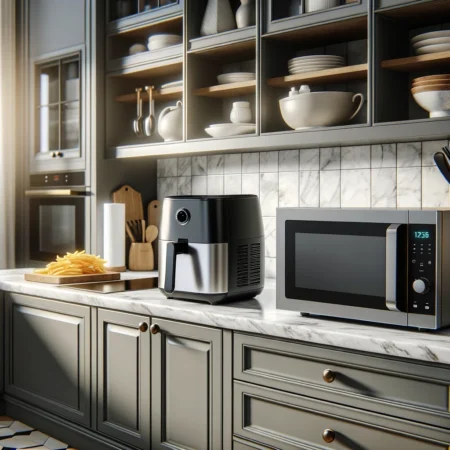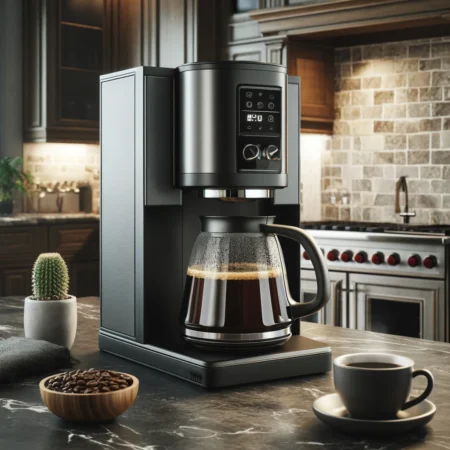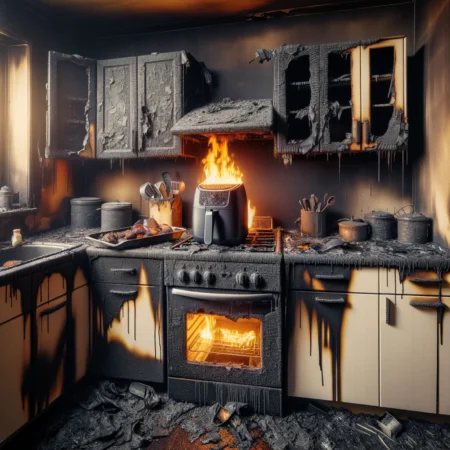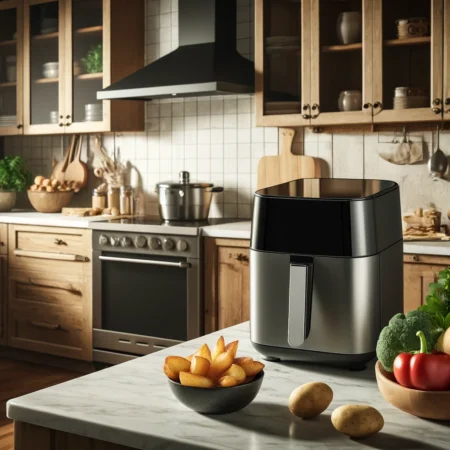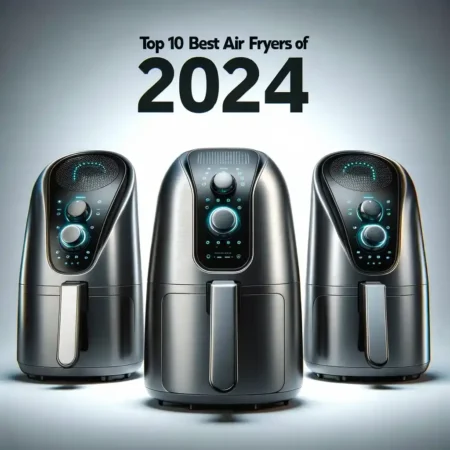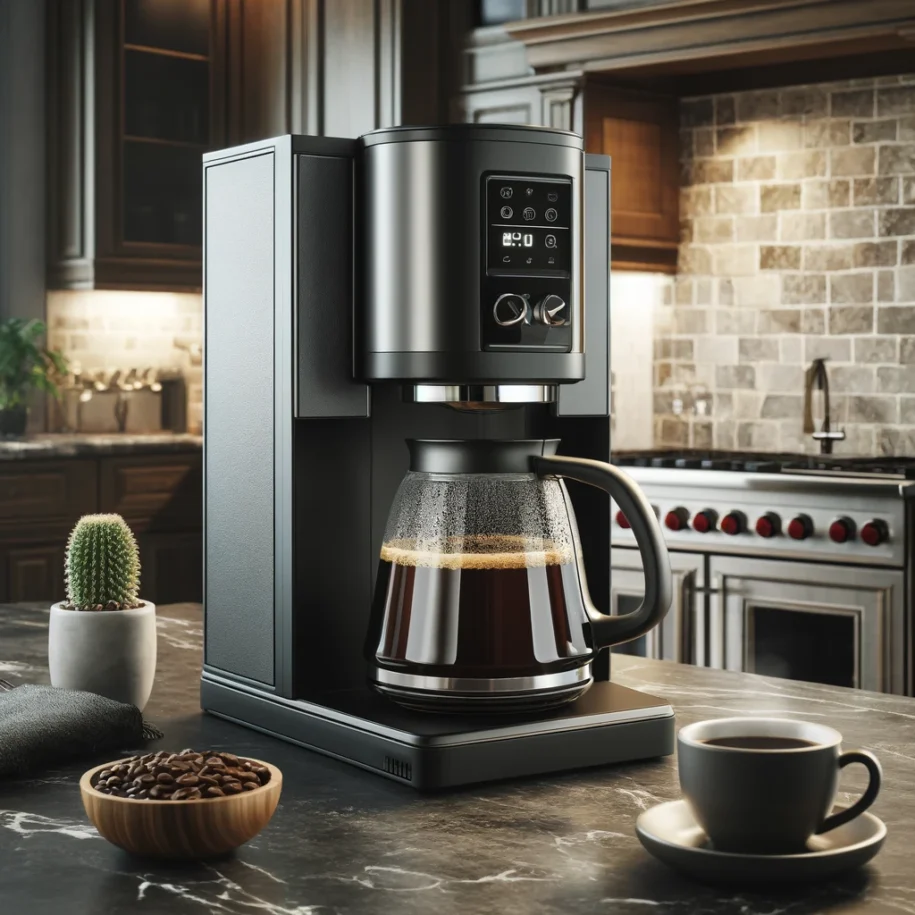
A coffee maker is a device used to brew coffee from ground coffee beans and water. It is an essential appliance for millions who enjoy fresh, hot coffee at home or in the workplace.
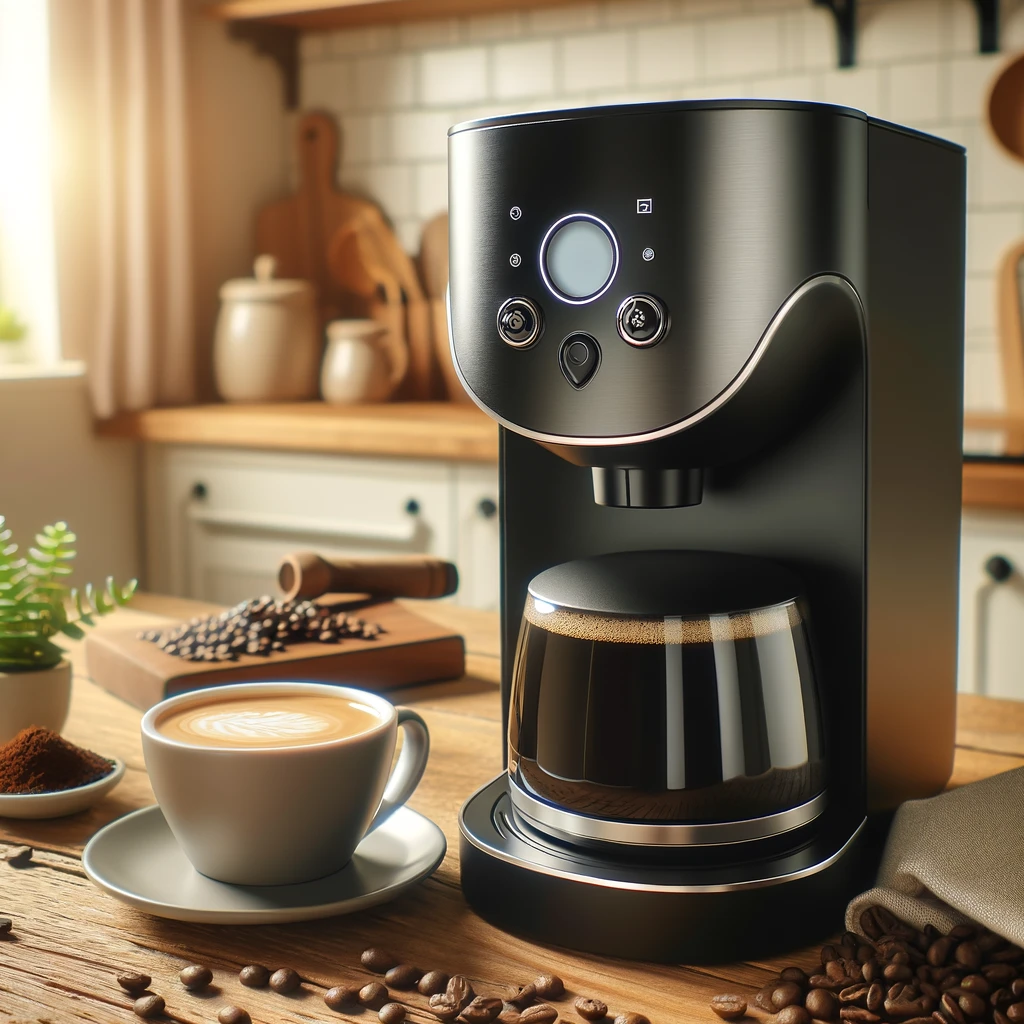
How Does a Coffee Maker Work?
A coffee maker brews coffee by heating water from a reservoir, then directing it over packed coffee grounds held in a filter. The hot water extracts flavors and oils from the grounds, producing coffee that drips into a pot or carafe below.
Different Types of Coffee Makers
There are several types of coffee makers, each suited to different preferences and lifestyles:
- Automatic Drip: The most common type, using a filter and heating element to brew a full pot.
- Espresso Machine: Uses high pressure to produce rich, concentrated coffee.
- French Press: Steeps coffee grounds in boiling water and uses a plunger to separate the coffee from the grounds.
- Single Serve (Pod): Brews one cup at a time using pre-packaged coffee pods.
- Percolator: Cycles boiling water through coffee grounds using gravity until the desired strength is reached.
- Cold Brew: Steeps coffee grounds in cold water for an extended period (12-24 hours).
Choosing the Right Coffee Maker
When selecting a coffee maker, consider your coffee consumption, preferred type, and convenience features. Capacity, brewing time, and ease of maintenance are crucial factors, along with programmable settings and energy efficiency.
Benefits of Using a Coffee Maker
Using a coffee maker offers several advantages:
- Convenience: Streamlines the brewing process, saving time and effort.
- Cost-Effective: Less expensive than purchasing coffee daily from a café.
- Customizable: Allows you to tailor the strength, flavor, and quantity of your coffee.
- Freshness: Brews coffee that is fresher than instant or pre-ground options.
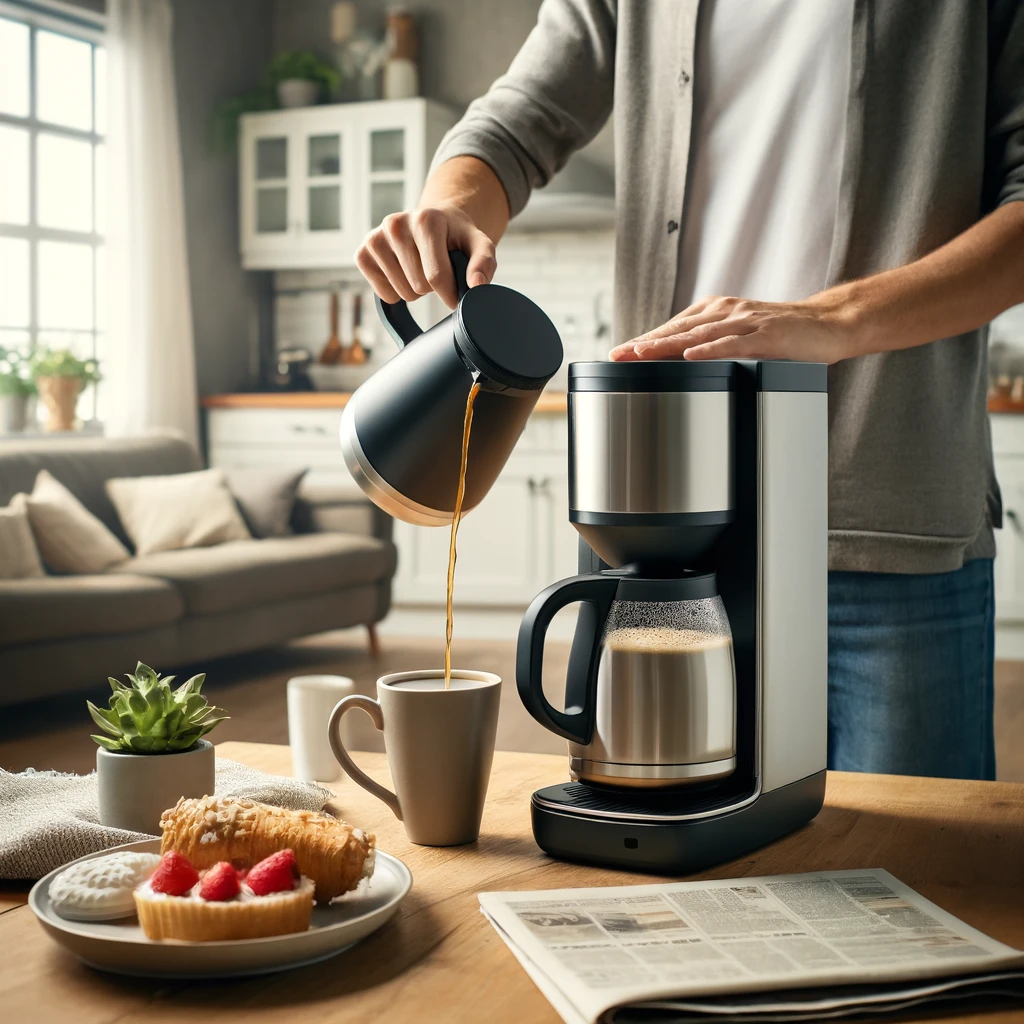
Common Features of Coffee Makers
Modern coffee makers often include features that enhance functionality and convenience, such as:
- Programmable Timers: Set your coffee maker to brew at a specific time.
- Built-In Grinders: For fresh grinding of coffee beans directly before brewing.
- Thermal Carafes: Keep coffee hot for hours without a heating plate.
- Strength Controls: Adjust the brewing time or water flow for stronger or milder coffee.
How to Maintain Your Coffee Maker
Maintaining your coffee maker involves regular cleaning and descaling to ensure optimal performance and longevity. Use vinegar or a descaling solution to clean internal components and replace filters as recommended by the manufacturer.
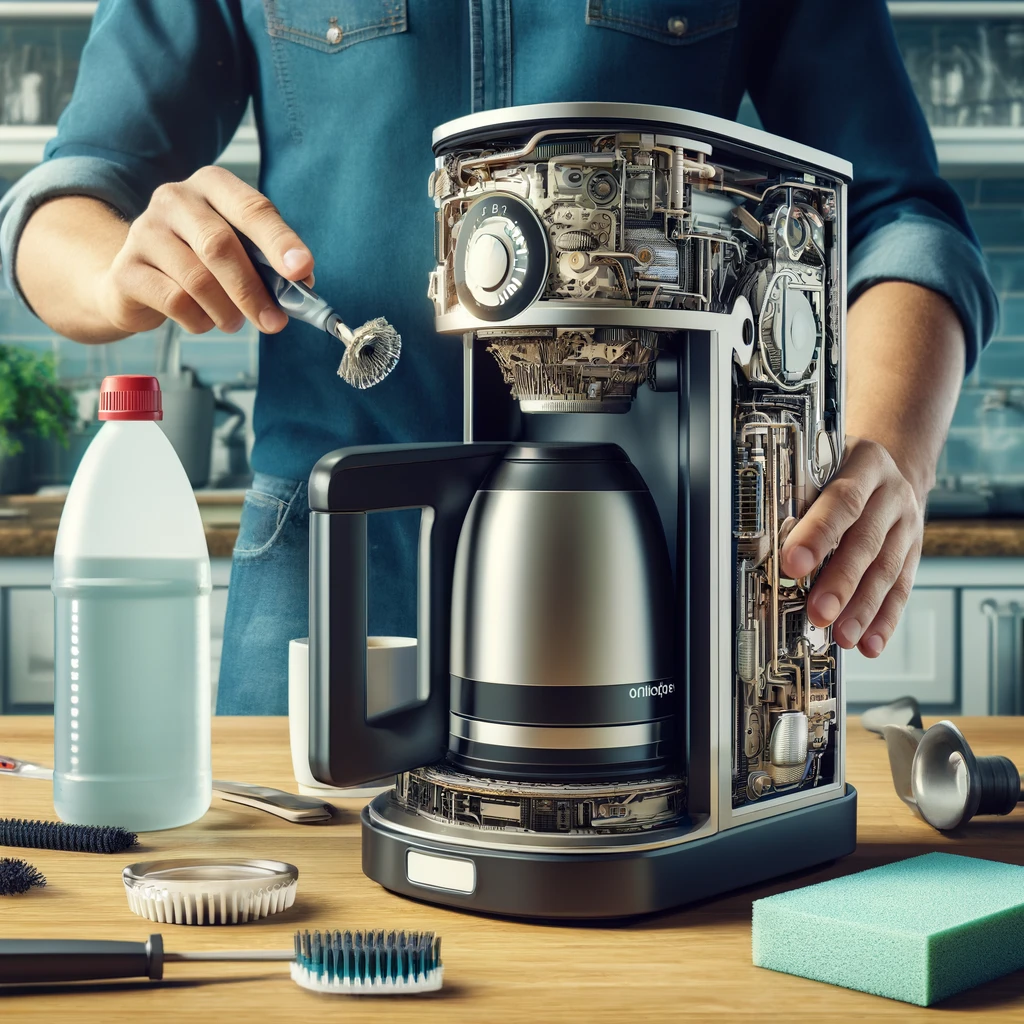
Top Coffee Maker Brands
Popular brands that are known for quality and reliability include Keurig, De’Longhi, Breville, and Cuisinart. These brands offer a range of models to suit different tastes and budgets.
- Keurig – Known for pioneering the single-serve coffee segment, Keurig offers a variety of models that cater to both home and office environments. Their machines are celebrated for their convenience and wide range of coffee pod flavors.
- De’Longhi – An Italian brand famous for high-quality espresso machines that combine sleek design with robust functionality. De’Longhi machines range from entry-level models to high-end units that please even the most discerning coffee aficionados.
- Breville – This Australian brand is well-regarded for its innovative features and professional-grade espresso machines. Breville often integrates technology that automates much of the brewing process, making it easier to craft cafe-quality drinks at home.
- Cuisinart – Offers a wide range of coffee makers that suit every brewing need, from basic drip models to more advanced brew systems with grinders and programmable features. Cuisinart is known for its durable and user-friendly kitchen appliances.
- Jura – Specializes in premium automatic coffee machines that provide a seamless coffee-making experience. Jura is well-loved for its stylish designs and exceptional espresso quality.
- Nespresso – Renowned for its espresso machines and coffee capsules, Nespresso is a favorite among those who prefer espresso and espresso-based drinks. Their machines are compact, efficient, and available in various models to suit different needs and spaces.
- Hamilton Beach – Offers a range of affordable coffee machines that are simple to use and maintain. Known for their durability, Hamilton Beach machines are a good choice for casual coffee drinkers.
- Krups – A German brand that produces a variety of coffee-related appliances, including robust drip coffee makers and espresso machines. Krups is known for its precise engineering and the reliability of its products.
- Moccamaster – Dutch-engineered coffee makers that are especially popular among coffee purists. Moccamaster machines are known for their durability and the superior flavor of the coffee they brew.
- Philips – Offers a range of coffee machines, especially known for their super-automatic espresso machines. Philips combines technology with convenience to deliver high-quality coffee experiences with just the push of a button.
Future of Coffee Makers
The future of coffee makers points towards more automation, connectivity, and customization. Expect to see more smart coffee makers that can be controlled via smartphone apps, with features like brewing notifications and maintenance reminders.
Innovations in Coffee Maker Technology
Explore recent advancements and how they enhance the coffee brewing experience.
- Smart Coffee Makers: Highlight the integration of technology that allows users to control their coffee maker via smartphone apps, including scheduling brew times and adjusting coffee strength remotely.
- Eco-Friendly Features: Discuss features designed to reduce energy consumption and the environmental impact of coffee making, such as programmable energy-saving modes and reusable filters.
- Specialty Brewing Techniques: Cover how modern coffee makers can emulate professional brewing techniques, offering settings for cold brew, pour-over coffee, and other specialty styles.
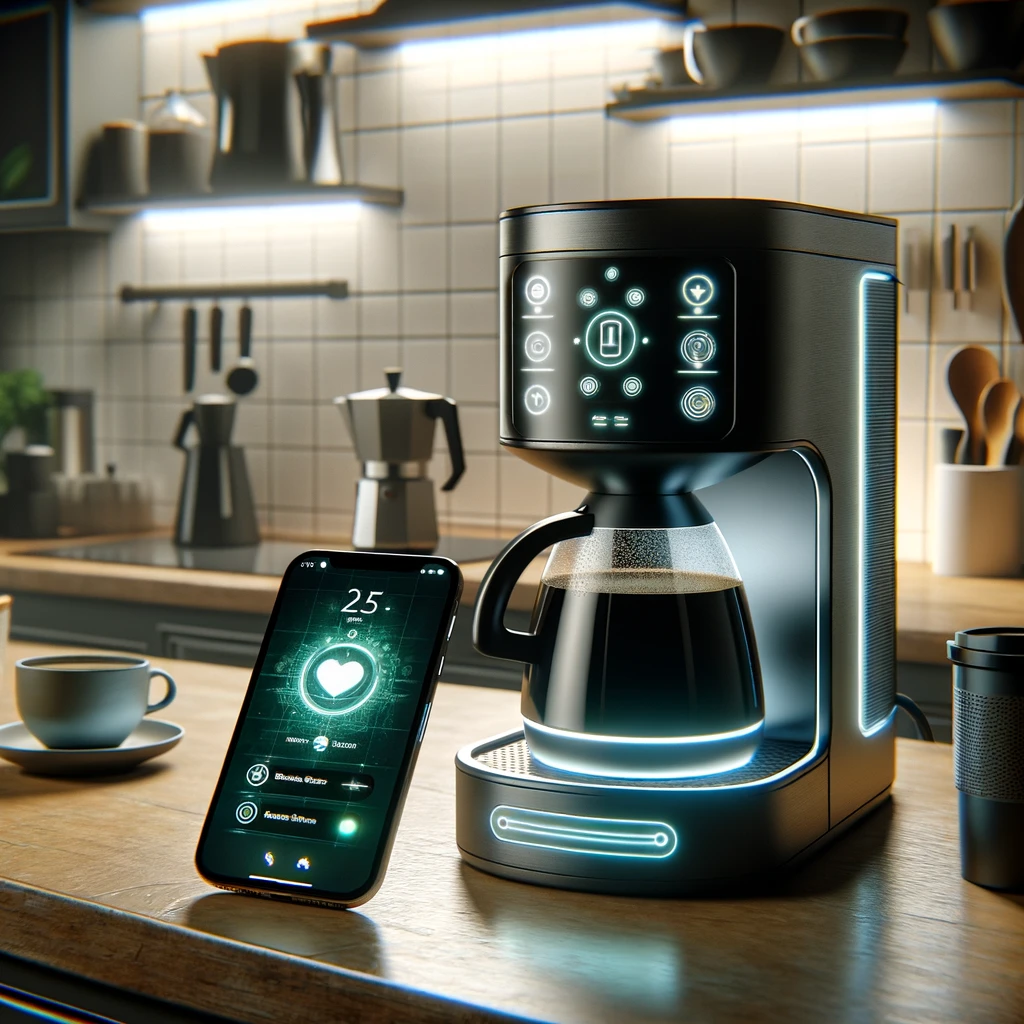
Frequently Asked Questions
How long does a coffee maker last?
With proper maintenance, a coffee maker can last 5-10 years.
Can I make tea in a coffee maker?
Yes, some coffee makers are versatile enough to brew tea either using tea leaves or bags.
Is filtered water necessary for a coffee maker?
Using filtered water can improve the taste of your coffee and reduce mineral buildup in the machine.
What’s the difference between a coffee maker and an espresso machine?
A coffee maker typically brews coffee by dripping hot water through ground coffee, which is slower and results in a milder flavor. An espresso machine, on the other hand, forces hot water through very finely ground coffee under high pressure, producing a stronger, more concentrated coffee known as espresso.
Can I use regular ground coffee in an espresso machine?
It’s not recommended to use regular ground coffee in an espresso machine because it requires a much finer grind than what is used for regular drip coffee. Using the wrong grind can result in poor extraction and a subpar espresso. For best results, use coffee ground specifically for espresso machines.
How often should I replace my coffee maker?
You should consider replacing your coffee maker if it no longer performs as well despite regular maintenance, if it starts to show signs of wear and tear that could affect the taste of your coffee, or if there are newer models available that offer better features or energy efficiency. Typically, a well-maintained coffee maker can last up to 10 years.
Is it safe to leave a coffee maker on all day?
It is generally not recommended to leave a coffee maker on all day as it can pose a fire hazard, especially with models that use a heating plate. It’s safer to use coffee makers with an auto-off feature or a thermal carafe to keep coffee hot without continuously heating it. Always follow the manufacturer’s safety instructions.
Can I use different types of milk in my coffee maker with a milk frother?
Coffee makers with milk frothers can typically handle various types of milk, including cow’s milk, almond milk, soy milk, and oat milk. However, the texture and temperature of the froth can vary depending on the milk’s fat and protein content.
How can I make my coffee taste better using a standard coffee maker?
To enhance the flavor of coffee brewed in a standard coffee maker, use fresh, high-quality coffee grounds, filtered water, and ensure your coffee maker is clean. Experiment with the coffee-to-water ratio to find your preferred strength.
Is it possible to repair a coffee maker, and how do I know if it’s worth it?
Repairing a coffee maker is often possible, especially if the issue is with replaceable components like the carafe or heating element. Assess the cost of repairs versus replacement; if repairs cost more than half the price of a new model, replacement might be a better option.
What are the safety risks associated with coffee makers?
The primary safety risks with coffee makers include burns from hot water or coffee, electrical hazards from faulty wiring, and fire risks from overheated components. Always follow the manufacturer’s instructions and use the coffee maker as intended to minimize risks.
How do I dispose of an old coffee maker?
To dispose of an old coffee maker, check if your local waste management facility accepts small appliances for recycling. Alternatively, consider donating it if it’s still in working condition, or check with the manufacturer for a take-back program.
